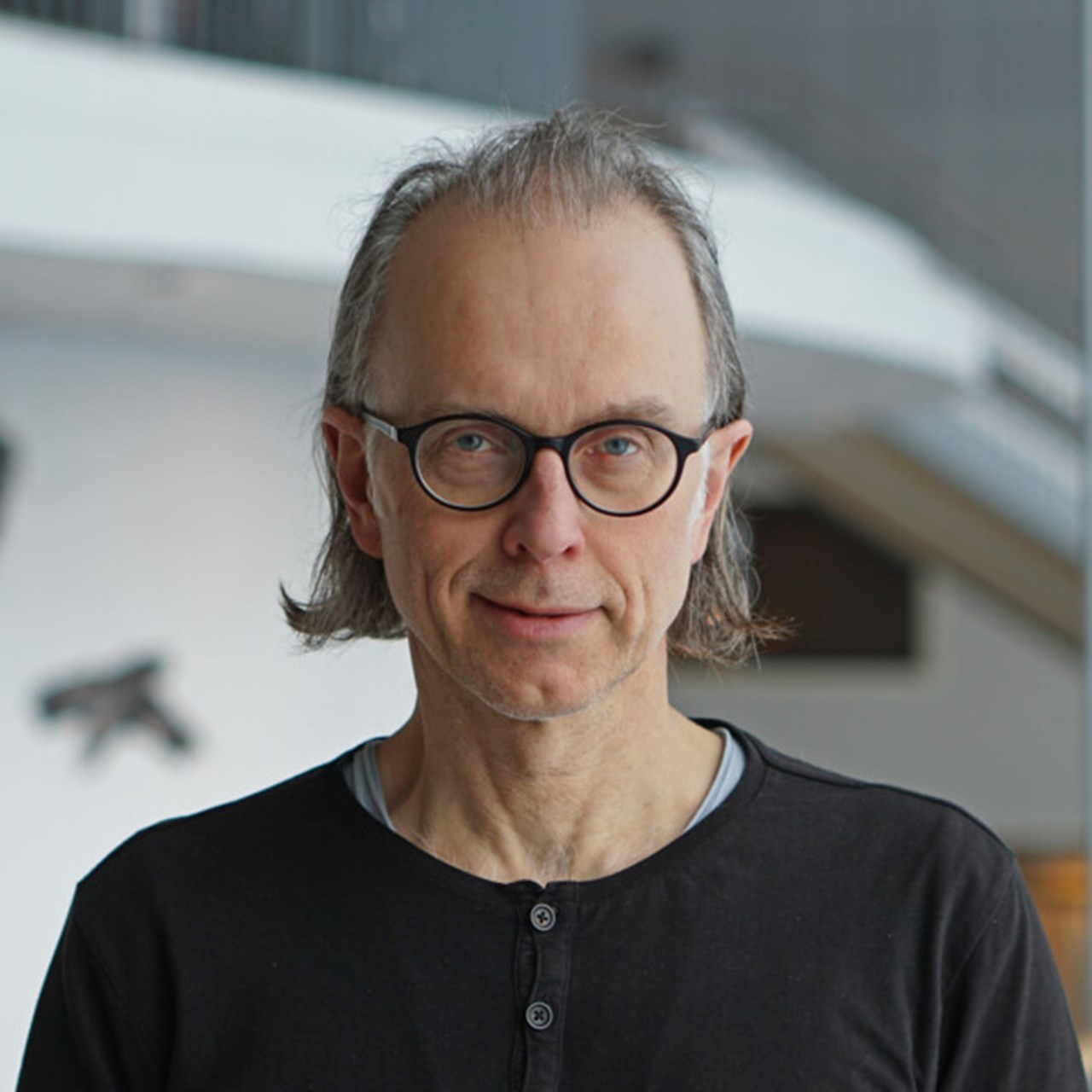On strong sustainability, social innovation and the existential dimension of research work.
This article is part of the series of portraits where RiseB members share their research ideas and plans.

PROFILE Associate Professor / Docent in Business Administration
